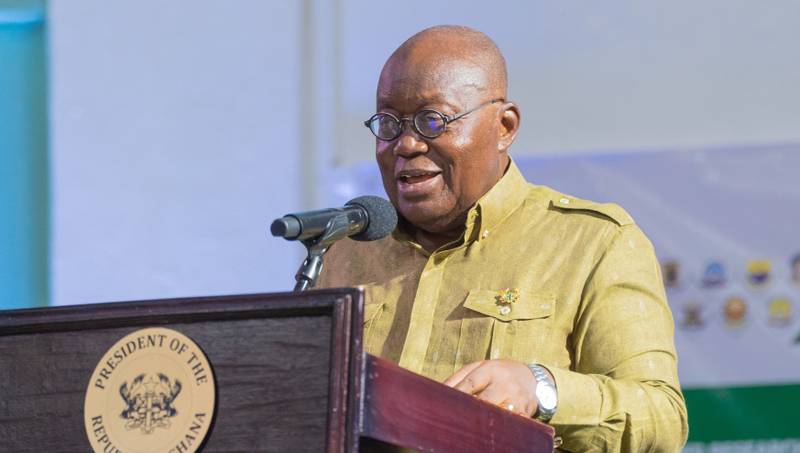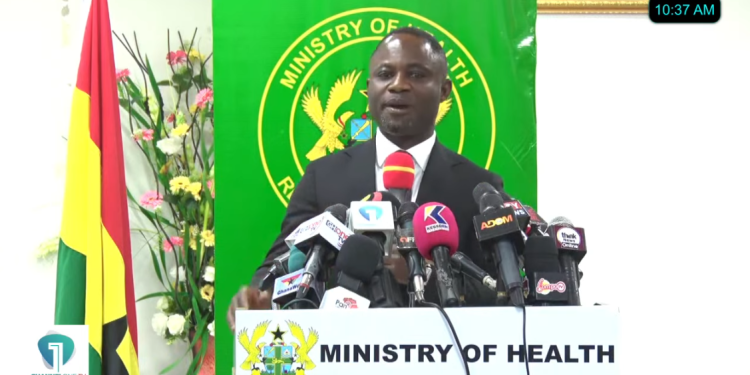Ghana’s small-scale mining sector has formally absorbed more than three million workers and now produces the majority of the nation’s gold, according to Lands and Natural Resources Minister Emmanuel Armah-Kofi Buah.
Speaking at a stakeholder meeting with civil society organizations and religious leaders on Friday, Buah said the once-informal activity has evolved into a critical pillar of the national economy, particularly in rural areas.
“Small-scale mining is now the largest gold producer in Ghana,” Buah said. “It accounts for 52% of the country’s total gold output, while large-scale mining contributes the remaining 48%.”
Historically dominated by manual labor and rudimentary tools such as hammers and chisels, the sector has rapidly modernized. Today, many small-scale operators use industrial-grade equipment, including excavators and mechanized processing systems.
“Mining is the economic lifeline for over three million Ghanaians,” Buah said, noting that the majority are in rural communities where few alternative livelihoods exist.
Ghana, Africa’s second-largest gold producer, has long struggled to balance the economic benefits of small-scale mining with the environmental and regulatory challenges it poses. The government has recently moved to formalize the sector further, issuing more licenses and promoting responsible mining practices amid growing concerns over illegal operations, or galamsey.
The minister’s remarks come as the Mahama administration signals a renewed focus on resource governance and rural economic development.













